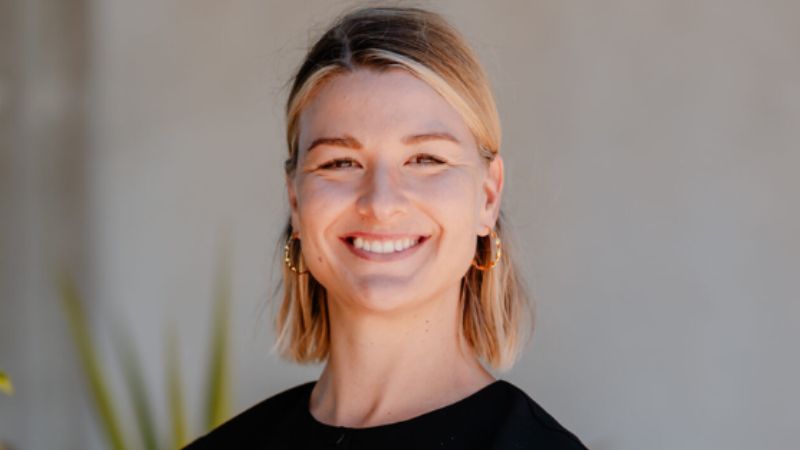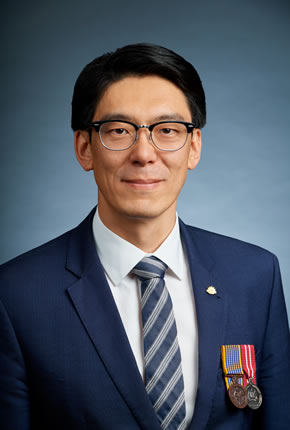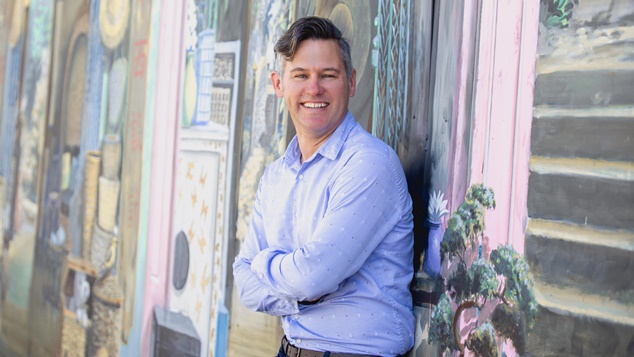Since being elected to parliament earlier this year, Australian Christians member Maryka Groenewald has made transgender health care one of her primary focuses, and the MP has demanded the WA government to make the Child and Adolescent Gender Diversity Service’s Standards of Care public.
For months the first term parliamentarian has asked for information about the model of care and the documents relating it to it to be put into the public realm, accusing the government of “secrecy” and “troubling behaviour.”
Now after Groenewald tabled a motion calling on the government to explain to the parliament why they were not making the documents available, the government shared the documents with the MP. On Wednesday her amended motion called for the government to have greater transparency.

“This motion has always been about ensuring that Parliament reaffirms its commitment to genuine transparency and accountability in all decision-making.
“In fact, it is about ensuring the best level of care when asking our government about transparency and the models that are used to guide the treatment of children and young people.” Groenewald told the Legislative Council on Wednesday.
The MP detailed the multiple times she had asked the government to release the clinical guidance documents used to treat children experiencing gender dysphoria since she was elected earlier this year.
Groenewald said her team of staff and clinicians were working through the documents provided but she already had concerns about the methodology used to treat youth experiencing gender dysphoria.
The MP said she was concerned that the standards of care used in Western Australia were only thirteen pages long, while a similar document from South Australia was over 50 pages in length. She also said it was concerning that some of the research referenced in the document is three years old.
“The WA document has only eight references, some of which are over three years old. It is very outdated by medical standards. Of those references, three are from specific advocacy groups. This document includes no evidence or research to justify the specific clinical practices of this model of care.”
Groenewald citing a series of studies from overseas, including the United Kingdon’s Cass Review, and suggested they should be taken into consideration by health professionals.
“There is a range of issues and red flags.”, the MP said about the approach being taken by Western Australian doctors.
While Groenewald citing the UK’s Cass Review, she didn’t reference a more recent Australian report that raised significant questions about the report.
Speaking on behalf of the government, Labor member Pierre Yang, denied the government’s actions had been about keeping the documents secret.

“The Gender Diversity Service supports a small and highly vulnerable cohort of young people, let us be very clear about that—children and adolescents under the age of 18 years who are experiencing significant gender identity concerns.
“These young people often face complex medical, psychological and social challenges. The government through the Child and Adolescent Health Service (CAHS) has a duty of care to protect them not only in the clinical setting, but also in the public discourse and their surrounding care. CAHS has raised significant concerns about the potential negative impact of releasing this document into the public domain. These concerns are not about secrecy; they are about safeguarding the wellbeing of patients.” Yang said.
“The document contains clinical frameworks and treatment pathways that, if misrepresented or politicised, would cause confusion, distress and harm. It is not uncommon for vulnerable cohorts to be affected by public commentary that lacks nuance or clinical understanding. In this case, the risk was deemed significant enough to warrant careful consideration before release, and we have done just that.” he added.
Yang said it was important to understand that Western Australia’s gender services were taking a multi-disciplinary approach and were constantly updating their standards of care based on the latest research.
“These professionals include paediatricians, psychologists, psychiatrists, endocrinologists and social workers. Together, they provide holistic care that considers the physical, emotional and developmental needs of each young person.” he said.
Yang said the Australian Christians and the Liberal party, who went to the election with a policy to ban puberty blockers and cross-sex hormones in the treatment of young people with gender dysphoria, were motivated by political ideology.
“While the Liberal Party and the Australian Christians political party are competing with each other in the race to the bottom, we simply want to support vulnerable children and their families in other communities to get access to the care they need when they need it.”

The Greens leader Dr Brad Pettitt said his party also shared concern for transgender youth but also understood Groenewald’s concerns about transparency and accountability.
The Greens WA wants to make sure that trans and gender diverse people are empowered and supported to access gender affirming care. We want the LGBTQIA+ community to be granted equality and autonomy over medical processes regarding their bodies and we support an informed consent approach to providing gender affirming care to children, people and young adults.” Dr Pettitt said.
He noted that the recently released State of Play Report III: LGBTIQA+ Young People’s Experiences of Healthcare in Western Australia, compiled by the WA Youth Pride Network had highlighted that many young people reported accessing gender related health care involved many barriers and exceptionally long wait lists.
“Of the trans and gender diverse young people, 46% reported long wait lists or referral times, 43% reported challenges in accessing gender diverse care and 42.5% reported that services were too expensive to access.” Dr Pettitt highlighted.
One Nation member Rod Caddies said there should be concern over how people experiencing gender dysphoria are medically treated, describing the current approach as “irreversible medical experiments on children.”
After a point of order interjection from Labor who called for Caddies to focus on the topic of the motion, which was government transparency, Acting President Simon Ehrenfeld called on the One Nation member to speak about transparency rather than his views on transgender mental health and medical treatment. After shuffling through his prepared notes for some time Caddies abandoned his speech.
The motion was unsuccessful, voted down 19 to 17.





